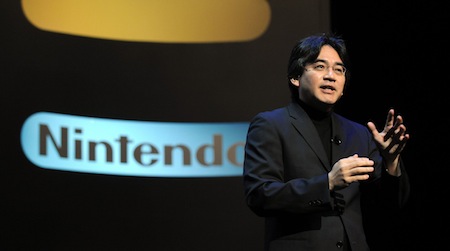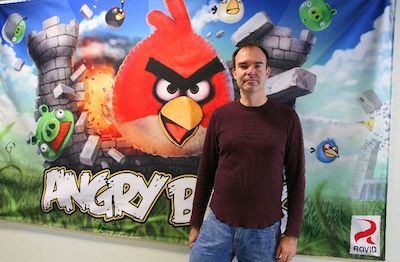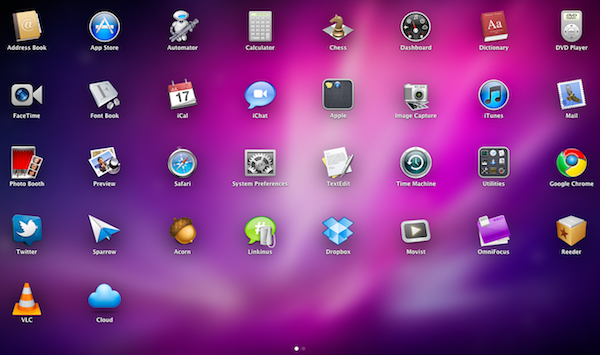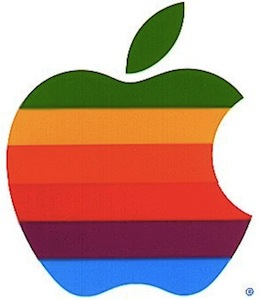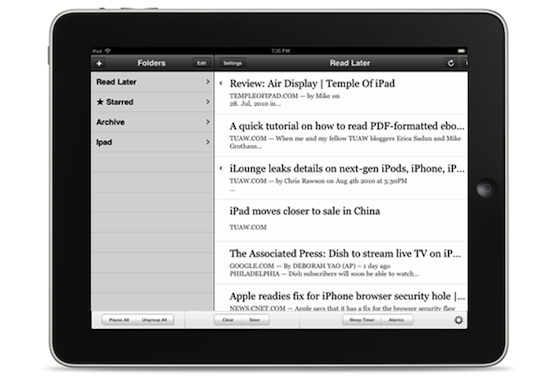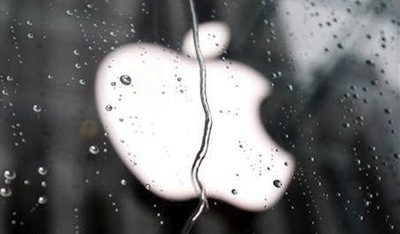Nintendo Still Doesn’t Get The Mobile Market
Nintendo CEO Satoru Iwata, speaking about “quality video games” and mobile platforms like iOS and Android:
In a feisty attack on the fastest-growing sectors of the video-game industry, Nintendo CEO Satoru Iwata said that smartphone games and social-media games focus on quantity instead of quality.
“They are not like gaming consoles, there’s no motivation [for] high-value video games,” Iwata said at the Game Developers Conference in San Francisco.
I’d say this is one of the biggest problems a company like Nintendo is facing right now: trying to compete in the mobile gaming space with a device that’s just meant for gaming, while consumers are demanding something that goes beyond cartridges and games sold at $40 a piece. And so they try to build “social functionalities” into their consoles, hoping that an avatar creation feature or in-console communication would provide a solution to a market that’s deeply changed in the past four years.
Should Nintendo change at its roots and start doing all that consumers want? No. But the way I see it, they should pull their head out of the sand and understand that the rules have changed and it’s time to stop complaining, and start building to stay in the game. Those Angry Birds won’t go away by themselves.


